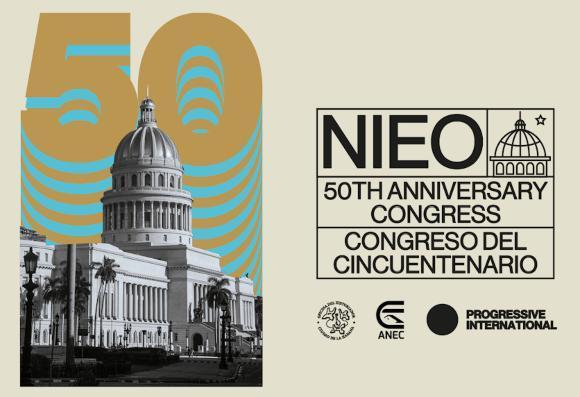Academics, diplomats, and researchers from several fields of knowledge participated in the event convened by the Progressive International (PI) and the National Association of Economists and Accountants of Cuba (ANEC).
Approved 50 years ago by the United Nations General Assembly, the NOEI and its 1974 action program represented one of the most significant attempts of developing countries to continue the struggle for decolonization.
New conceptual and intellectual support is currently needed to carry out this complex struggle, Cuban Deputy Foreign Minister Carlos Fernández de Cossío said in the opening ceremony of the event, to which Foreign Minister Bruno Rodríguez also attended.
The developed capitalist States sabotaged the NIEO project since the beginning; under the fundamental leadership of the United States, they consistently prevented the decisions necessary for its implementation, limiting the allocation of financial resources and the capacity of the United Nations to take action, the diplomat noted.
Later, with the euphoria and disorientation caused by the collapse of socialism in Europe, neoliberal currents and policies managed to impose themselves with messianic dogmatism, undermining the NIEO authority and the conceptual and ideological awareness necessary for its implementation, Fernández de Cossío said.
Another fundamental problem, according to former Colombian President Ernesto Samper, is the dollarization of the economy; at the expense of the dollar’s role in international finance, the United States has imposed unilateral sanctions against 31 countries, representing about a third of the world’s population and 70 percent of the planet’s surface.
According to PI General Coordinator, David Adler, this meeting in Havana aims to encourage the Cuban Revolution, which has not given up and continues to open spaces for dialogue with those who want to fight for the economic liberation of the nations.
jrr/iff/oda/mjm









